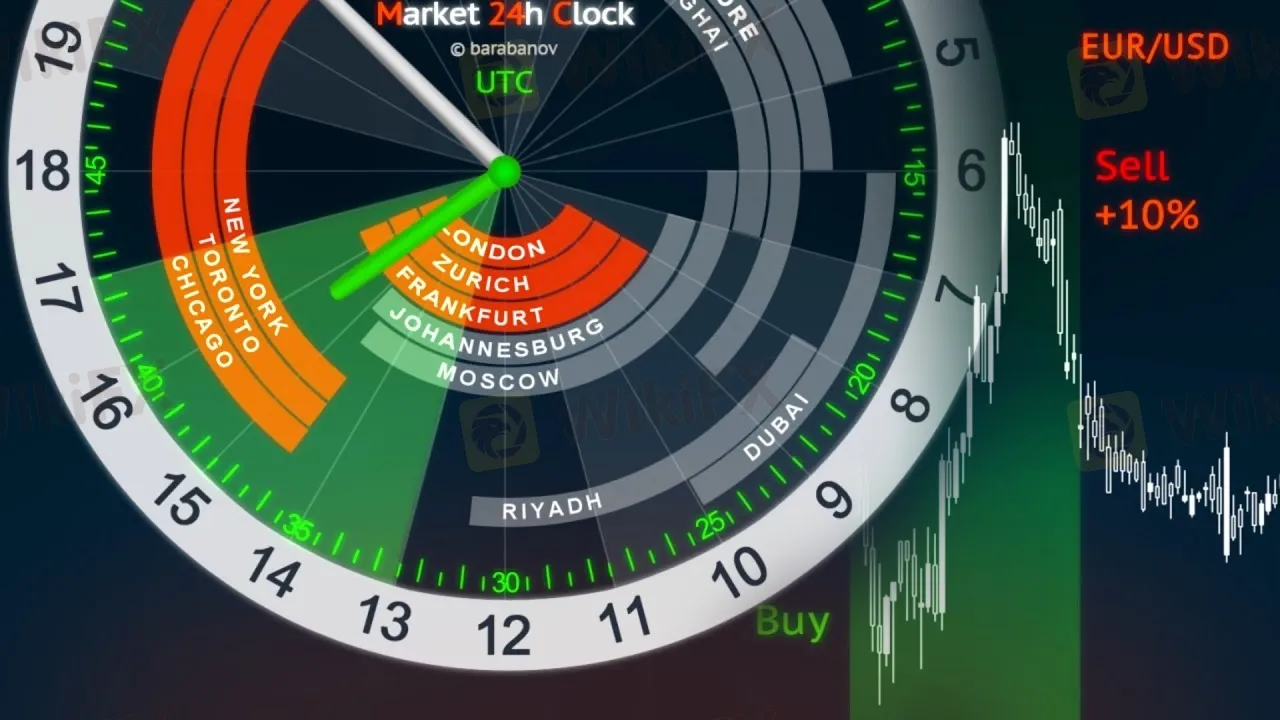简体中文
繁體中文
English
Pусский
日本語
ภาษาไทย
Tiếng Việt
Bahasa Indonesia
Español
हिन्दी
Filippiiniläinen
Français
Deutsch
Português
Türkçe
한국어
العربية
The Copper Crunch: Meeting Soaring Demand in a Greener World
Abstract:The global copper demand, driven by the green energy revolution and infrastructure projects, is facing a potentially debilitating supply crunch. With copper playing an essential role in renewable energy infrastructure, electric vehicles (EVs), and traditional industries like construction, electronics, and power generation, the pressure to meet the growing demand is mounting.

renewable energy infrastructure, electric vehicles (EVs), and traditional industries like construction, electronics, and power generation, the pressure to meet the growing demand is mounting.
The S&P Global report from July 2022 predicts that by mid-century, the world will require 53 million tonnes of copper annually, more than double the current production of 21 million tonnes. As nations strive to reduce carbon emissions and achieve carbon neutrality by 2050, this ever-increasing demand for copper will put a strain on existing supplies and threaten to derail efforts to transition to renewable energy sources.

One of the primary challenges in meeting this demand lies in the discovery and development of new copper deposits. As the largest copper mines face declining reserves and lower ore grades, maintaining current production levels becomes increasingly difficult. Furthermore, it takes an average of 16 years to develop a copper mine from initial discovery to production, according to the International Energy Agency. This means that even if new deposits are discovered today, it would take more than a decade to bring them into production.
In addition, the geopolitical landscape surrounding copper production adds to the challenges faced in meeting demand. A significant amount of copper processing is concentrated in a few countries, including Chile, Russia, Australia, China, and several African nations. Environmental issues like water scarcity, flooding, and severe heat, as well as political factors like resource nationalism, sanctions and strict regulations, hamper the development and expansion of copper mines in these regions.
Chile, the world‘s largest copper producer, is grappling with a water crisis that affects its ability to process sulphide ores which require large amounts of water. Furthermore, copper grades have dropped by 25% over the last decade, resulting in less ore being brought to market. Chile’s newly-elected leftist President Gabriel Boric has proposed higher taxes on the mining industry, which has raised concerns about the industrys competitiveness.
Similarly, Peru, the second-largest copper producer, faces political uncertainty with the government still pondering an increase in taxes on the mining sector, potentially jeopardising future investments.
The current geopolitical tensions between the West and Russia are also poised to affect copper supply in the near future. As international relations become strained, trade restrictions and disruptions in the global supply chain could further exacerbate the copper deficit, placing even more pressure on the critical metals availability to various industries.

Recycling copper is another potential avenue to address the supply gap. However, recycling currently represents a small fraction of the overall supply. In 2021, recycled copper accounted for just 4.5% of the total copper supply. While recycling efforts will continue to grow, they are unlikely to make a significant impact on the looming supply crunch.
In conclusion, the impending copper supply shortfall, coupled with the challenges of discovering and developing new copper deposits, and the limitations of recycling, underscores the potential opportunities in the copper sector, including trading copper futures.

Disclaimer:
The views in this article only represent the author's personal views, and do not constitute investment advice on this platform. This platform does not guarantee the accuracy, completeness and timeliness of the information in the article, and will not be liable for any loss caused by the use of or reliance on the information in the article.
Read more

CySEC issued warning over 10 Unlicensed firms
The Cyprus Securities and Exchange Commission (CySEC) has issued a warning against over 10 investment firms operating without proper authorization. These firms are not licensed to provide financial services and may pose serious risks to investors. CySEC advises the public to avoid dealing with unregulated entities

Know the Red Flags before Investing in Primarkets
Knowing the red flags of FX Broker is the most important act while you are thinking to invest your money in the Forex market and are enthusiastic about Forex trading.

Never Invest in These 5 "No License”- Scam brokers
These are scam brokers operating without licenses. Therefore, it becomes risky to trust these brokers for Forex trading. These brokers will most probably swindle your money and make you penniless. To avoid this situation, check out the list below carefully. This is the warning list issued by the Financial Conduct Authority (FCA).

Interactive Brokers Update
Interactive Brokers has introduced an exciting feature to its client portal
WikiFX Broker
Latest News
Top Wall Street analysts are upbeat about these dividend-paying stocks
Singapore's economy grows 4.3% in second quarter, beating expectations
What WikiFX Found When It Looked Into Emar Markets
MT4 vs MT5 Which Forex Trading Platform Fits Your Needs in 2025?
Stock futures slide on more Trump tariff letters, but are off worst levels of session: Live updates
Short or Long Term: Which to Choose for Double-Digit Returns from Gold Investments?
Gold Soars Above $3,350 as XAU/USD Rallies on Trade Tensions
Asia-Pacific markets trade mixed as investors assess Trump's latest tariff threats; bitcoin hits new highs
What is Forex Trading Simulator?
Switzerland tourism boosted as women's soccer continues record-breaking rise
Currency Calculator


